Rocks in the road
The rocks in the path of better relations between Pakistan and Afghanistan are inconvenient but not immovable
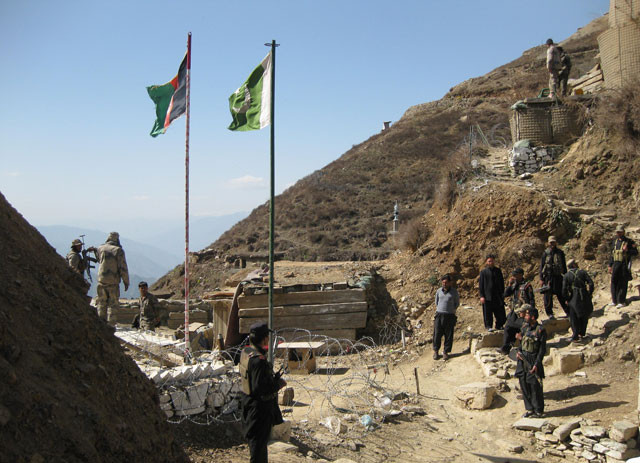
At the bottom of this deterioration in what appeared to be a positive reboot of Pakistan-Afghanistan relations may be Afghan suspicions that Pakistan has not entirely abandoned the concept of strategic depth.

At the bottom of this deterioration in what appeared to be a positive reboot of Pakistan-Afghanistan relations may be Afghan suspicions that Pakistan has not entirely abandoned the concept of strategic depth. A consequence of this may be that there are Afghan Taliban commanders that might still be finding a safe haven in Pakistan, seen by some elements as strategic assets. There is no evidence of this one way or another, but the mere suspicion may be enough to sour relations at a time when it takes little to upset a delicate balance.
Tensions in Afghanistan may also arise from the fragility of the process of reconciliation with the Afghan Taliban that has of late become fragmented, pulled apart by factional interests and with a surfeit of players, not all singing from the same songbook. Add to the mix the uncertainties that are being created by the Islamic State in both Pakistan and Afghanistan, and it is not difficult to see why rocks have appeared in the road. All is not lost. There have been real advances for the better in Pakistan-Afghanistan relations in the last year, and rocks in the road are inconvenient but not immovable.
Published in The Express Tribune, July 6th, 2015.
Like Opinion & Editorial on Facebook, follow @ETOpEd on Twitter to receive all updates on all our daily pieces.



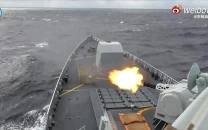

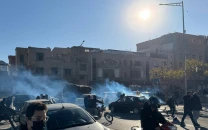


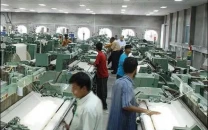
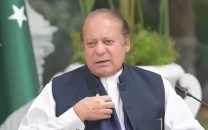
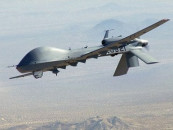
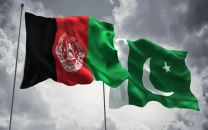
1726134115-0/BeFunk_-(41)1726134115-0-208x130.webp)






COMMENTS
Comments are moderated and generally will be posted if they are on-topic and not abusive.
For more information, please see our Comments FAQ